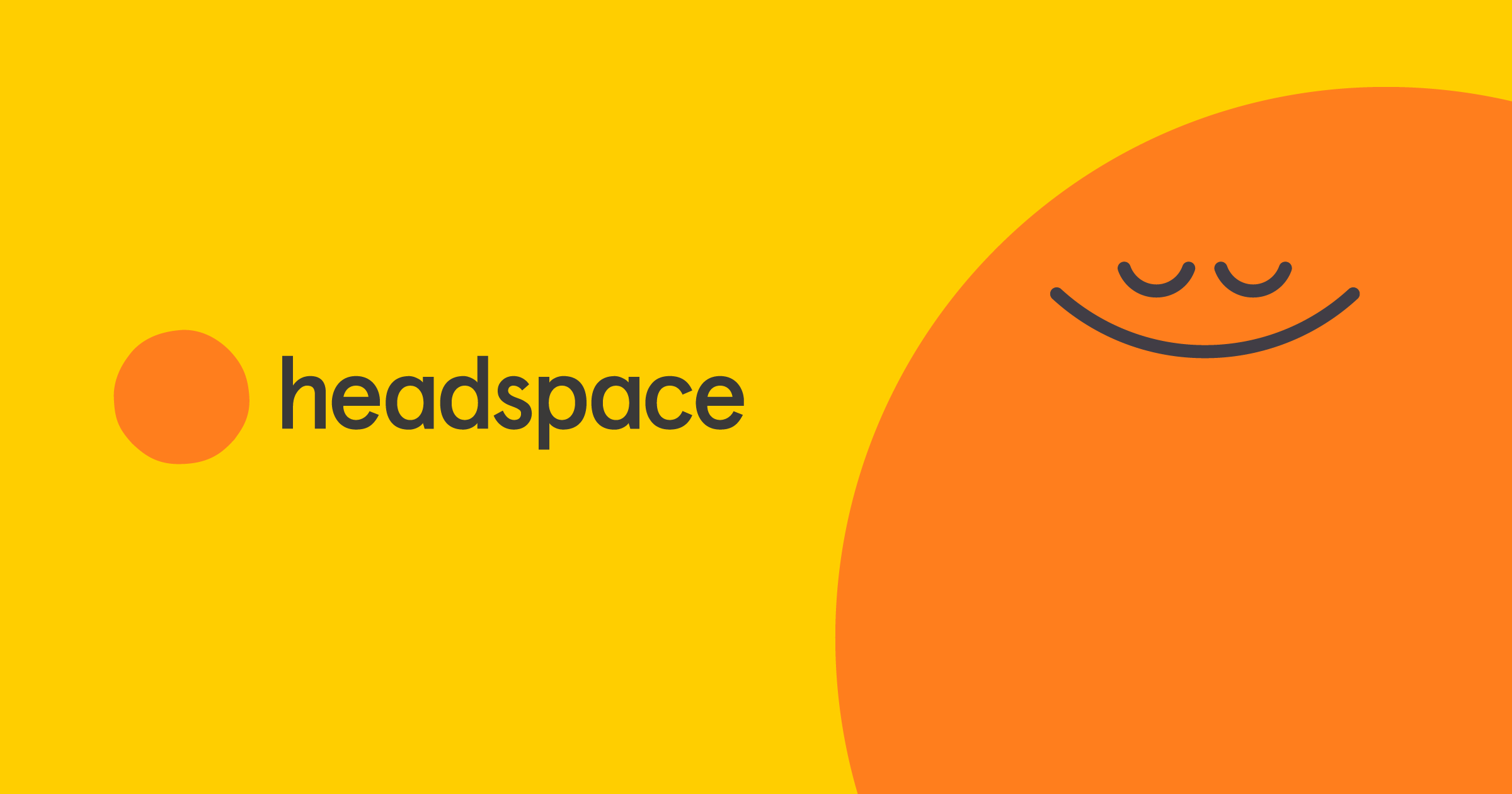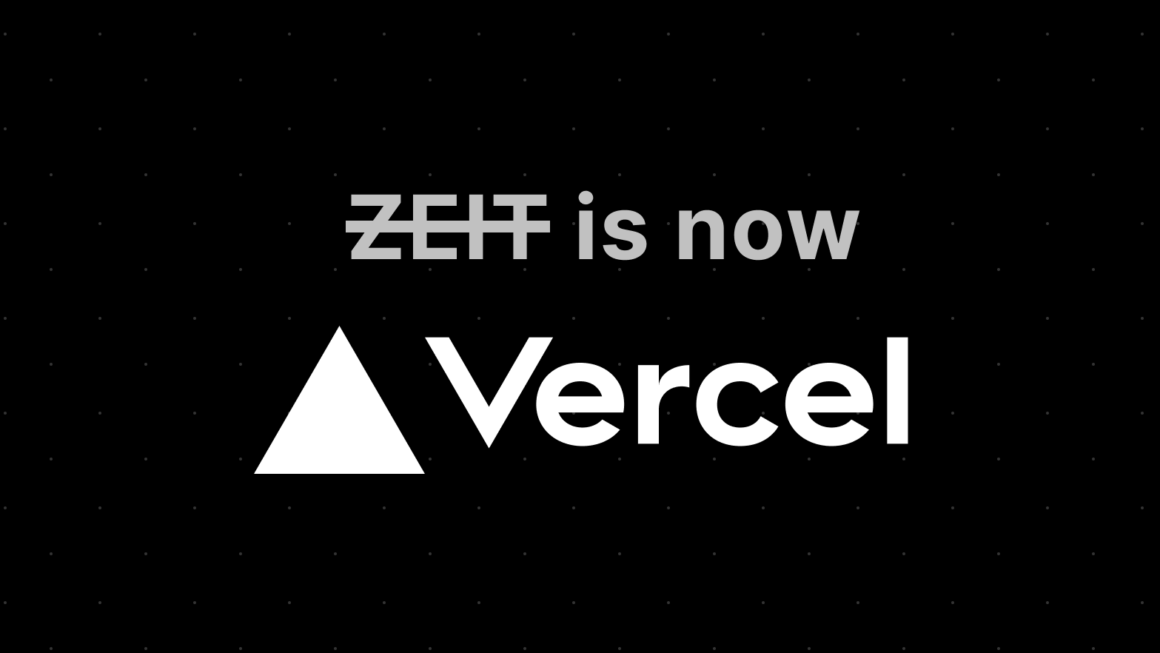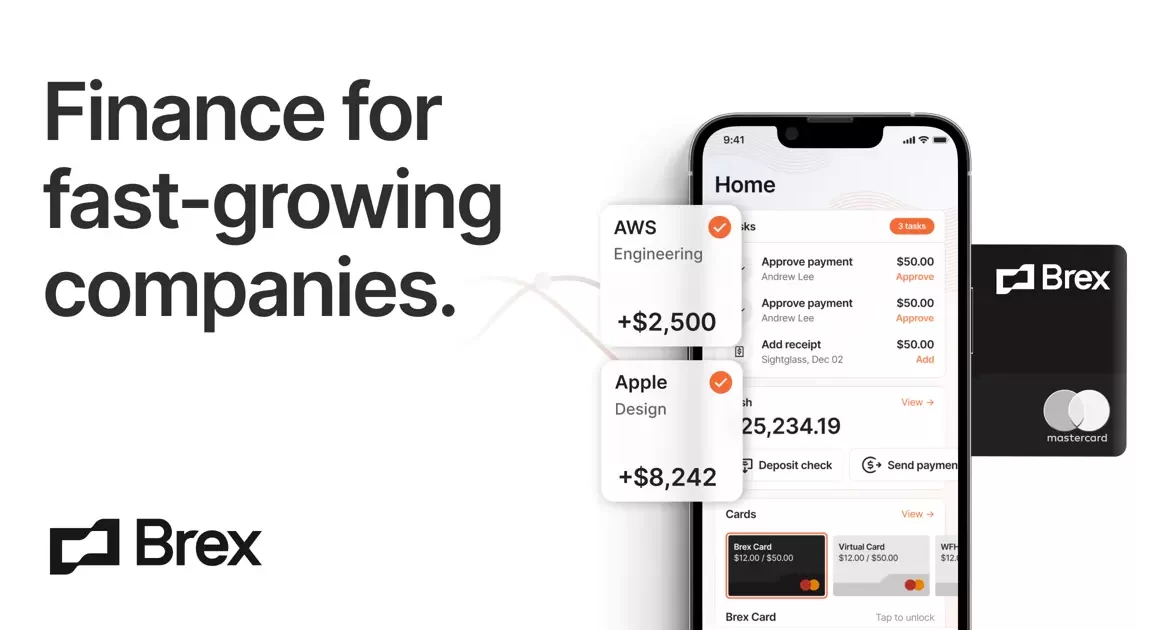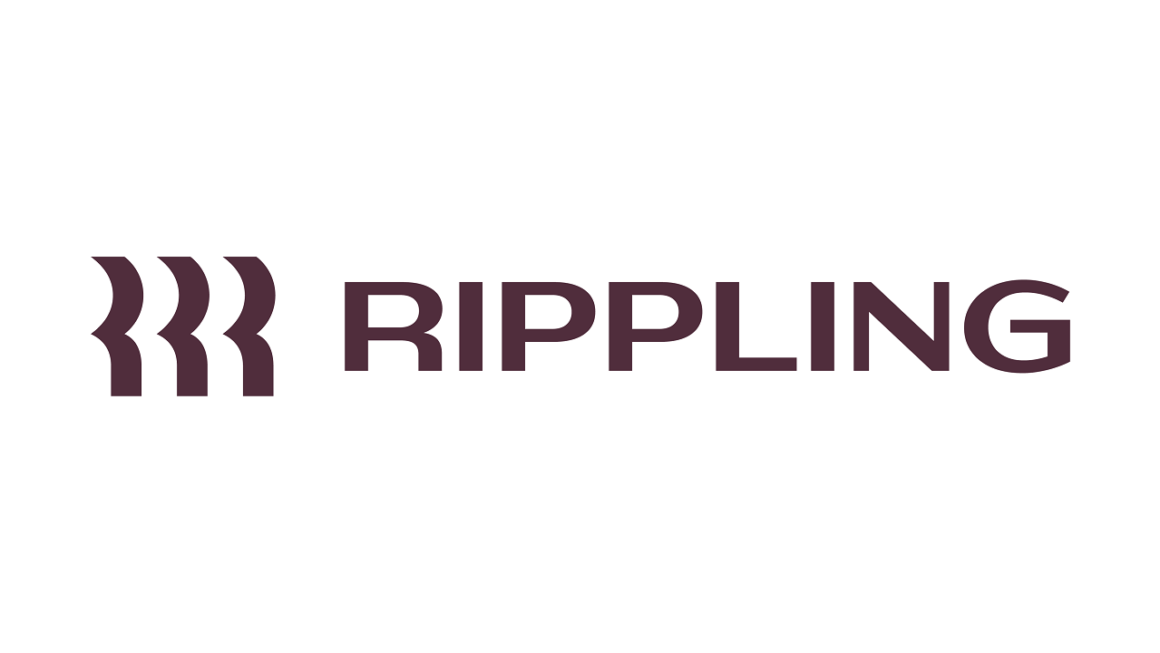In an era characterized by constant hustle and digital distractions, the quest for mental well-being and mindfulness has become paramount. Amid the chaos of modern life, one company has risen to the forefront of the wellness industry by offering a unique solution: Headspace.
Founded in 2010 by Andy Puddicombe and Rich Pierson, Headspace has emerged as a global leader in providing accessible meditation and mindfulness resources. Its founders embarked on a mission to demystify meditation and make it approachable for individuals from all walks of life. The result was a digital platform that not only introduced meditation but also incorporated elements of science, technology, and design to create a comprehensive mental well-being experience.
Headspace’s mission is to make mindfulness accessible to everyone. The company’s platform offers a variety of guided meditations, mindfulness exercises, and educational content. Headspace’s content is available in over 30 languages and has been used by over 70 million people in more than 190 countries around the world.
Headspace’s platform is divided into three main sections:
- Meditation: Headspace offers a variety of guided meditations for different purposes, such as stress relief, sleep improvement, and focus.
- Mindfulness: Headspace offers a variety of mindfulness exercises, such as body scans and breathing exercises.
- Academy: Headspace offers educational content on a variety of mindfulness topics, such as the science of mindfulness and the benefits of meditation.
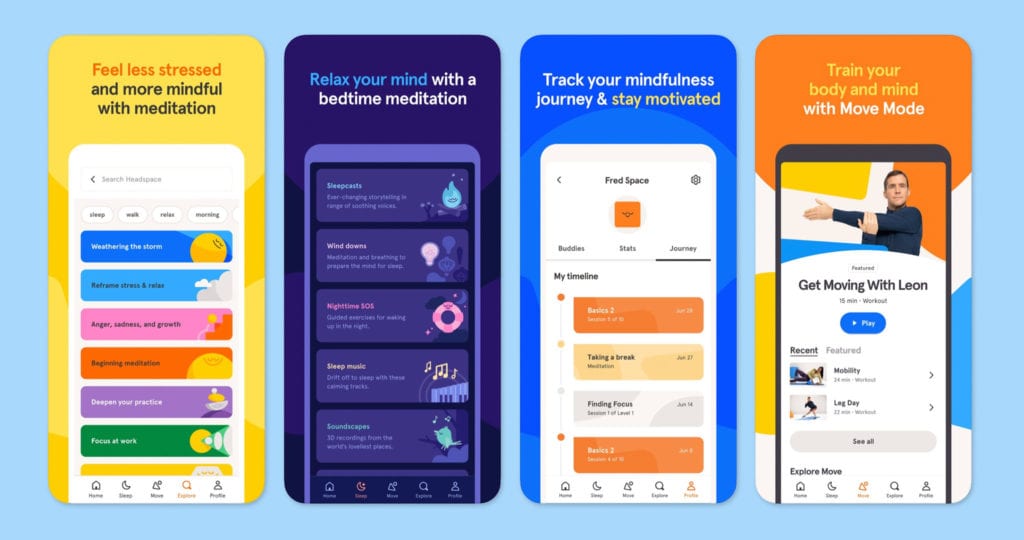
Headspace’s platform is available as a subscription service. The company offers a free trial and a variety of pricing plans to fit different needs.
Headspace has been praised for its user-friendly interface, its variety of content, and its scientific approach to mindfulness. The company has been featured in publications such as The New York Times, The Wall Street Journal, and Forbes.
Founding History of Headspace
The founding history of Headspace is a tale of two individuals who embarked on a journey to make mindfulness and meditation accessible to people worldwide. Andy Puddicombe and Rich Pierson, the co-founders of Headspace, joined forces to create a platform that would demystify meditation and bring its benefits to the digital age.
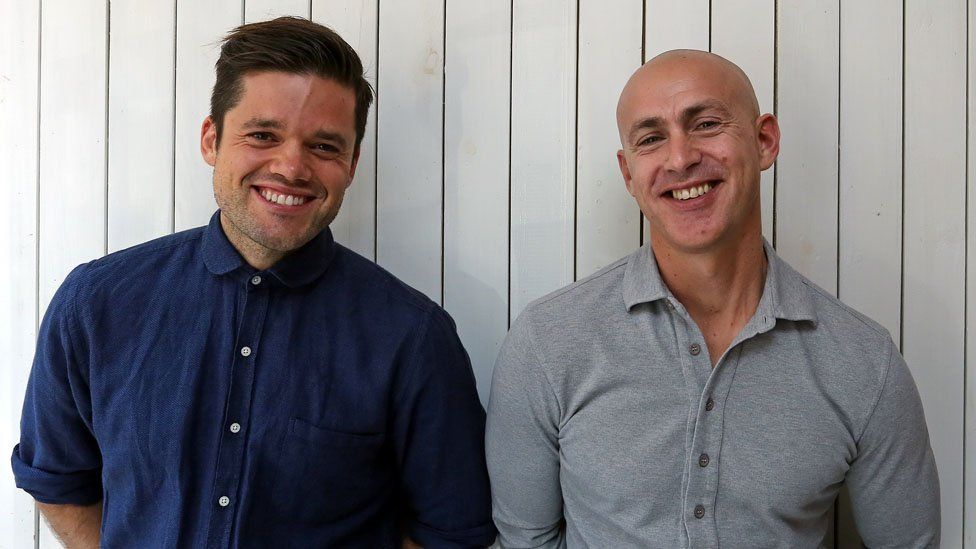
Here’s a detailed account of the founding history of Headspace:
Early Life and Inspiration
Andy Puddicombe: Andy Puddicombe, a British-born meditation expert, played a pivotal role in shaping the vision of Headspace. His journey into meditation began after he left school at the age of 22 and decided to become a Buddhist monk. For over a decade, Andy immersed himself in meditation practice, living as a monk in monasteries across Asia. This deep experience with meditation and mindfulness laid the foundation for his future endeavors.
Rich Pierson: Rich Pierson, an advertising executive from London, had a chance encounter with Andy Puddicombe that would change the course of both their lives. Faced with the pressures of a high-stress career, Rich attended one of Andy’s meditation workshops. This encounter left a profound impact on Rich, sparking his interest in mindfulness.
Andy and Rich crossed paths in London, and their shared passion for mindfulness ignited a vision. They recognized the need to make meditation more accessible and relevant to the fast-paced, modern world. This shared vision laid the groundwork for the birth of Headspace.
Founding Headspace
Foundation in 2010: In 2010, Andy and Rich officially founded Headspace. Their mission was clear: to create a platform that would introduce meditation and mindfulness to a broad audience. They aimed to strip away the mysticism often associated with meditation and make it approachable, relatable, and easy to integrate into daily life.
Early Developments: Headspace began as an events company, offering meditation workshops and classes to individuals and organizations. This initial foray into mindfulness education allowed Andy and Rich to refine their approach and understand the challenges people faced when trying to establish a meditation practice.
The Headspace App
Digital Transformation: Recognizing the potential of technology to reach a global audience, Headspace underwent a digital transformation. In 2012, the Headspace app was launched, marking a significant milestone in the company’s history. The app brought meditation and mindfulness to users’ fingertips, making it convenient and engaging.
Content Expansion: Headspace expanded its content beyond basic meditation exercises. It introduced a wide range of guided meditations, sleep stories, and mindfulness programs, catering to diverse needs and preferences.
Global Impact
Global Reach: Headspace’s user base grew rapidly, reaching millions of users worldwide. The app’s accessibility, user-friendly interface, and scientifically-backed content resonated with people from all walks of life.
Today, Headspace stands as a global leader in the field of mindfulness and mental well-being. Its founders, Andy Puddicombe and Rich Pierson, have successfully turned their shared vision into a reality, touching the lives of millions by providing tools and resources to cultivate mindfulness in a hectic world. The journey of Headspace continues, as it strives to make mental well-being an essential part of daily life for individuals and organizations alike.
Business Model of Headspace – How does Headspace make money?
Headspace has not only revolutionized the way we approach mental well-being but has also crafted a distinctive and multifaceted business model that caters to diverse audiences. In this exploration, we unravel the various revenue streams that fuel Headspace’s mission to make mindfulness accessible to all.
Free Basic App Usage
At its core, Headspace remains committed to its mission of providing accessible mindfulness resources. The Headspace app is available for free, offering basic meditation lessons and functionalities. This strategy not only aligns with the company’s mission to democratize mindfulness but also serves as a powerful user acquisition tool, introducing meditation to a broader audience.
Subscription Plans
For users who seek a deeper and more comprehensive meditation experience, Headspace offers two subscription plans:
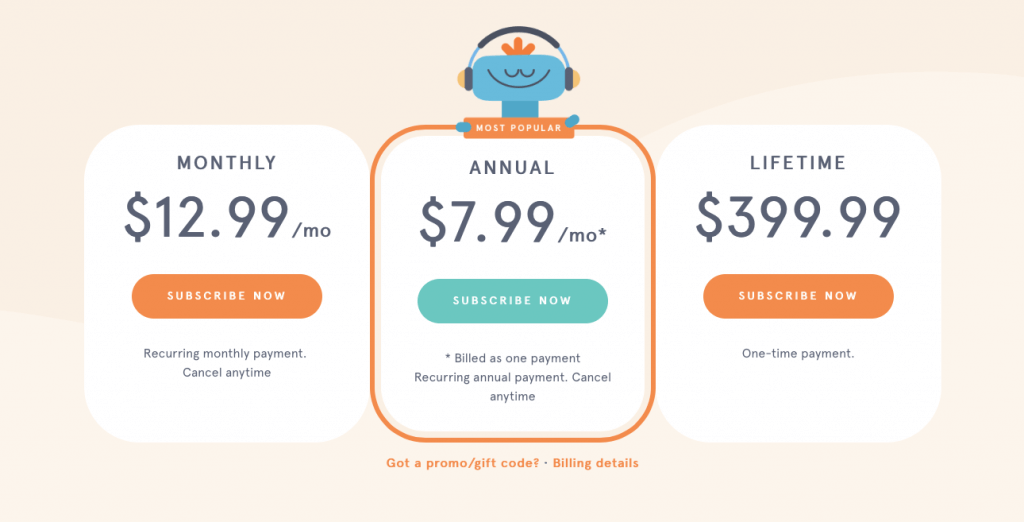
- Annual Subscription: Priced at £49.99 per year (with a 14-day free trial), this plan unlocks a wealth of advanced meditation lessons and features.
- Monthly Subscription: Priced at £9.99 per month (with a 7-day free trial), this plan provides users with ongoing access to premium content and functionality.
These subscription plans not only generate recurring revenue for Headspace but also allow dedicated users to access a wide range of mindfulness resources tailored to their needs.
Corporate Partnerships (Headspace for Work)
Headspace has ventured into the corporate world, offering meditation services to businesses looking to enhance employee mental health and well-being. Branded as “Headspace for Work,” this initiative offers three distinct packages:
- Foundational: This package includes essential features like an employee dashboard, monthly well-being resources, live virtual events, engagement reporting, and 24/7 technical support.
- Guided: Building on the foundational package, this plan offers a more customized employee engagement strategy. It includes a partner success manager, regular check-in meetings, and executive reviews.
- Advanced: Similar to the guided package, the advanced plan provides additional access to features that facilitate collaboration with Headspace leadership and the identification of joint venture or internal marketing opportunities.
Pricing for these corporate packages is tailored to the unique needs and scale of each client, making it a flexible and adaptable source of revenue for Headspace.
Headspace Health
Headspace Health, a digital health subsidiary of Headspace, represents the company’s foray into digital therapeutic medicine. This ambitious venture aims to pioneer the integration of mindfulness into the treatment of chronic diseases. Headspace is in the process of creating specialized mindfulness programs designed to support individuals grappling with various chronic health conditions.
While Headspace Health is still in its nascent stages, its potential to offer mindfulness as a digital therapeutic medicine could open up a new revenue stream and reinforce Headspace’s position as an innovator in the intersection of mental well-being and digital health.
In conclusion, Headspace’s multifaceted business model demonstrates its commitment to making mindfulness accessible while also ensuring sustainability and growth. By offering free basic app access, subscription plans, corporate partnerships, and venturing into digital health, Headspace continues to nurture both mental well-being and profitability in a rapidly evolving digital landscape.
Competitors of Headspace
Headspace operates in a competitive landscape within the mindfulness and mental wellness space, where several players offer meditation and well-being services. These competitors vary in terms of their business models, offerings, and target audiences. Here, we’ll explore some of the key competitors of Headspace in detail:
1. Calm

-
- Overview: Calm is one of the most prominent competitors of Headspace and is often considered its primary rival. Founded by Michael Acton Smith and Alex Tew, Calm offers meditation, relaxation, and sleep-related content through its app.
- Strengths: Calm is known for its soothing guided meditations, sleep stories narrated by celebrities, and its aesthetically pleasing user interface. It has a strong presence in the sleep and relaxation niche.
- Differentiators: Calm’s collaboration with celebrities and its focus on sleep make it stand out in the market. It also offers a free version with limited content and a premium subscription with a wider range of features.
2. Insight Timer
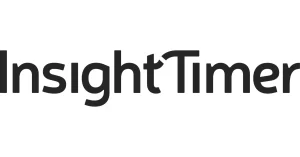
-
- Overview: Insight Timer is a meditation app that distinguishes itself by offering a vast library of free guided meditations, music, and talks. It focuses on building a community of meditators and teachers.
- Strengths: Insight Timer’s extensive library, user-generated content, and community features make it unique. It appeals to those looking for a diverse range of meditation options.
- Differentiators: The app’s social features, such as meditation groups and the ability to connect with teachers, set it apart. Many teachers offer their content for free, attracting a wide audience.
3. 10% Happier

-
- Overview: Founded by Dan Harris and Joseph Goldstein, 10% Happier offers meditation resources, courses, and a podcast that explores mindfulness and its applications.
- Strengths: 10% Happier is known for its practical and evidence-based approach to mindfulness. It appeals to individuals who seek a more down-to-earth and skeptical perspective on meditation.
- Differentiators: The app offers courses taught by experienced meditation teachers and experts, including Joseph Goldstein. Its content often delves into the science behind meditation.
4. Breethe (formerly OMG. I Can Meditate!)
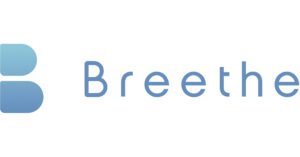
-
- Overview: Breethe is a meditation and mindfulness app founded by Lynne Goldberg. It provides guided meditations, sleep stories, and wellness programs for various life situations.
- Strengths: Breethe focuses on offering mindfulness solutions for specific life challenges, such as anxiety, relationships, and sleep. It provides a structured approach to personal growth.
- Differentiators: Breethe’s content is organized into “Life Situations,” making it easy for users to find meditations tailored to their needs. It also offers personalized plans based on user preferences.
5. Simple Habit
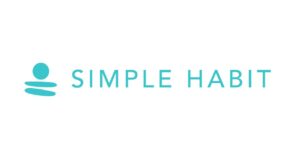
-
- Overview: Simple Habit is a meditation app founded by Yunha Kim. It provides short, guided meditations designed to fit into busy schedules.
- Strengths: Simple Habit’s unique selling point is its emphasis on short, five-minute meditations that target specific issues. It’s positioned as a convenient solution for busy professionals.
- Differentiators: The app offers a wide variety of guided sessions led by experienced teachers. Its focus on short, impactful meditations distinguishes it in a crowded market.
6. Smiling Mind
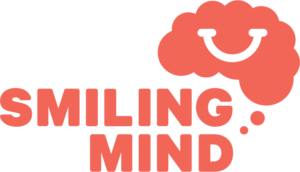
-
- Overview: Smiling Mind is an Australian-based mindfulness app designed for educational and youth settings. It offers age-appropriate meditation and mindfulness programs for schools and families.
- Strengths: Smiling Mind is dedicated to promoting mindfulness among children and adolescents, making it a unique player in the market. Its programs are tailored to different age groups.
- Differentiators: The app’s focus on education and youth mental health sets it apart. It collaborates with schools and organizations to bring mindfulness to young people.
These competitors, along with others in the mindfulness space, contribute to a dynamic ecosystem of mental well-being apps and services. Each player brings its own strengths, approaches, and target demographics, offering users a variety of options to explore and integrate mindfulness into their lives.
Also Read: BetterUp – Founders, Business & Revenue Model and Funding
To read more content like this, subscribe to our newsletter
